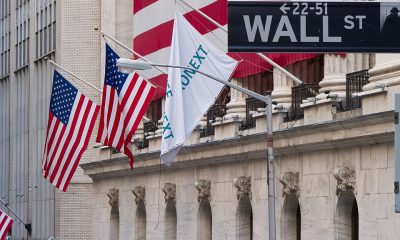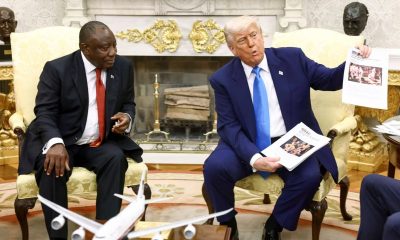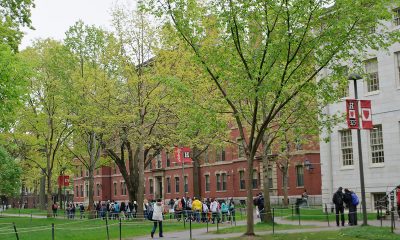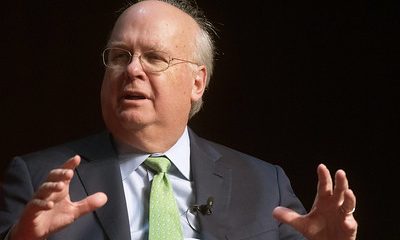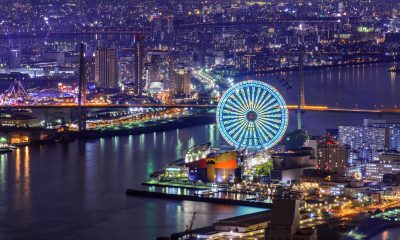U.S
Trump Threatens Foreign Films With 100% Tariff
Trump proposes 100% tariff on foreign movies. See how this bold move could affect film production.

Former President Trump declared intentions for a significant 100% tariff targeting foreign-produced films. This controversial measure aims to counteract what he perceives as a declining American movie industry, sparking debate over its potential impact and feasibility in the global entertainment landscape.
For years, film production location choices have been heavily influenced by financial incentives. Favorable tax schemes in places like Canada, the United Kingdom, and various US states have increasingly lured projects away from traditional hubs like California, creating a competitive environment that forms the backdrop for Trump’s proposal.
Trump voiced his concerns on Truth Social, asserting America’s movie industry faces a “very fast death.” He attributes this decline partly to other nations offering attractive incentives, effectively drawing filmmakers abroad. He framed this trend as a coordinated effort constituting a national security risk through external messaging and propaganda.
The former president directed the Commerce Department and US Trade Representative to initiate the tariff process. However, practical implementation details remain uncertain, especially for films with international co-production elements. Despite concerns, US-made films overwhelmingly dominate viewership within American cinemas currently, according to market data.
Recent years presented challenges for US film/TV creation, including pandemic disruptions, 2023 Hollywood strikes, and California wildfires, contributing to a production downturn. The Motion Picture Association, representing major studios, has not yet officially commented on the proposed tariff, though their data highlights significant export revenue from American films.

U.S
White House Sham: Trump Uses Fake Genocide Pics
White House: Trump used fake photos/video claiming SA “white genocide,” misidentified leader.

During a recent White House discussion, President Donald Trump presented South African leader Cyril Ramaphosa with visuals he claimed supported charges of “white genocide” in South Africa, but these images were widely misidentified.
Trump displayed a printed photograph asserting it depicted white farmers buried in South Africa. In reality, the image was a screenshot from Reuters footage showing humanitarian workers lifting body bags in Goma, Democratic Republic of Congo, following clashes there in February.
He also shared a video, falsely labeling it burial sites of thousands of white South African farmers. This footage actually shows a memorial site from a 2020 protest in Normandien, South Africa, featuring crosses placed after a couple’s murder on their farm.
A politician visible in the video stated, “South Africans occupy land, that’s who we are.” Trump claimed this was a government official. However, the individual is Julius Malema, head of the opposition EFF party, which holds no government positions.
Since starting his second term in office, the Republican president has repeatedly leveled accusations of “genocide” against South Africa regarding its white minority population, a claim not supported by the evidence he presented.
U.S
Harvard Battles Trump Ban: Students Targeted
Harvard sues Trump admin over ban on international students, calls it retaliation. Ban targets 7,000+ students.
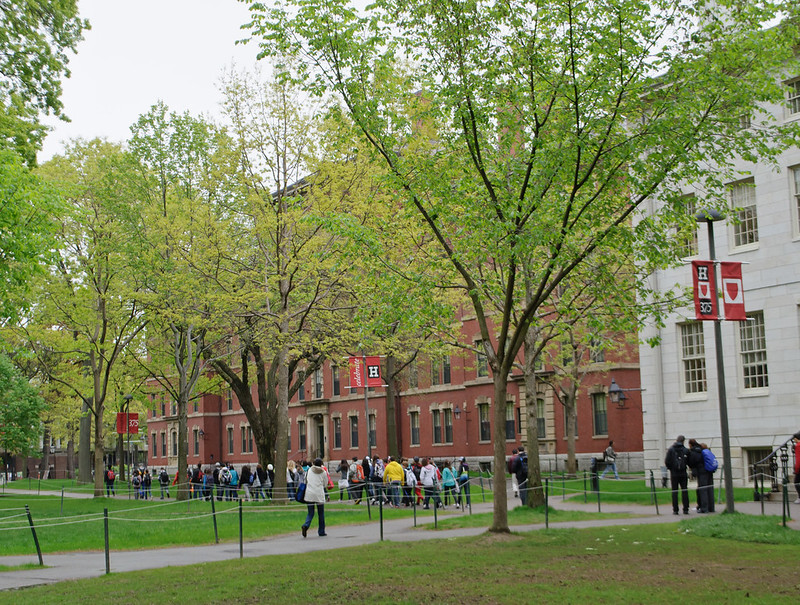
Harvard University is challenging the Trump administration’s move to prohibit it from enrolling international students, labeling the action unconstitutional retaliation. This marks the prestigious institution’s second legal battle against the administration.
This recent clash follows previous tensions where the administration attempted to cut over $2 billion in federal funding. These earlier disputes arose from Harvard’s refusal to comply with administration demands regarding policy changes and audits related to “viewpoint diversity” among faculty and students.
Filed in Boston federal court, Harvard’s lawsuit argues the ban violates the First Amendment, causing an “immediate and devastating effect” on the university and over 7,000 visa holders. The school asserts the action seeks to eliminate a quarter of its diverse student body from over 100 countries.
The administration justified its decision citing an “unsafe” environment at Harvard, pointing to alleged “anti-American, pro-terrorist agitators” and accusations of coordinating with the Chinese Communist Party. Homeland Security demanded extensive records on foreign students involved in protests.
Harvard, home to nearly 6,800 international students, including many from China, plans to seek a temporary restraining order. The ban could significantly impact departments and sports teams with high international participation. Harvard’s president noted governance changes while vowing to protect core principles.

